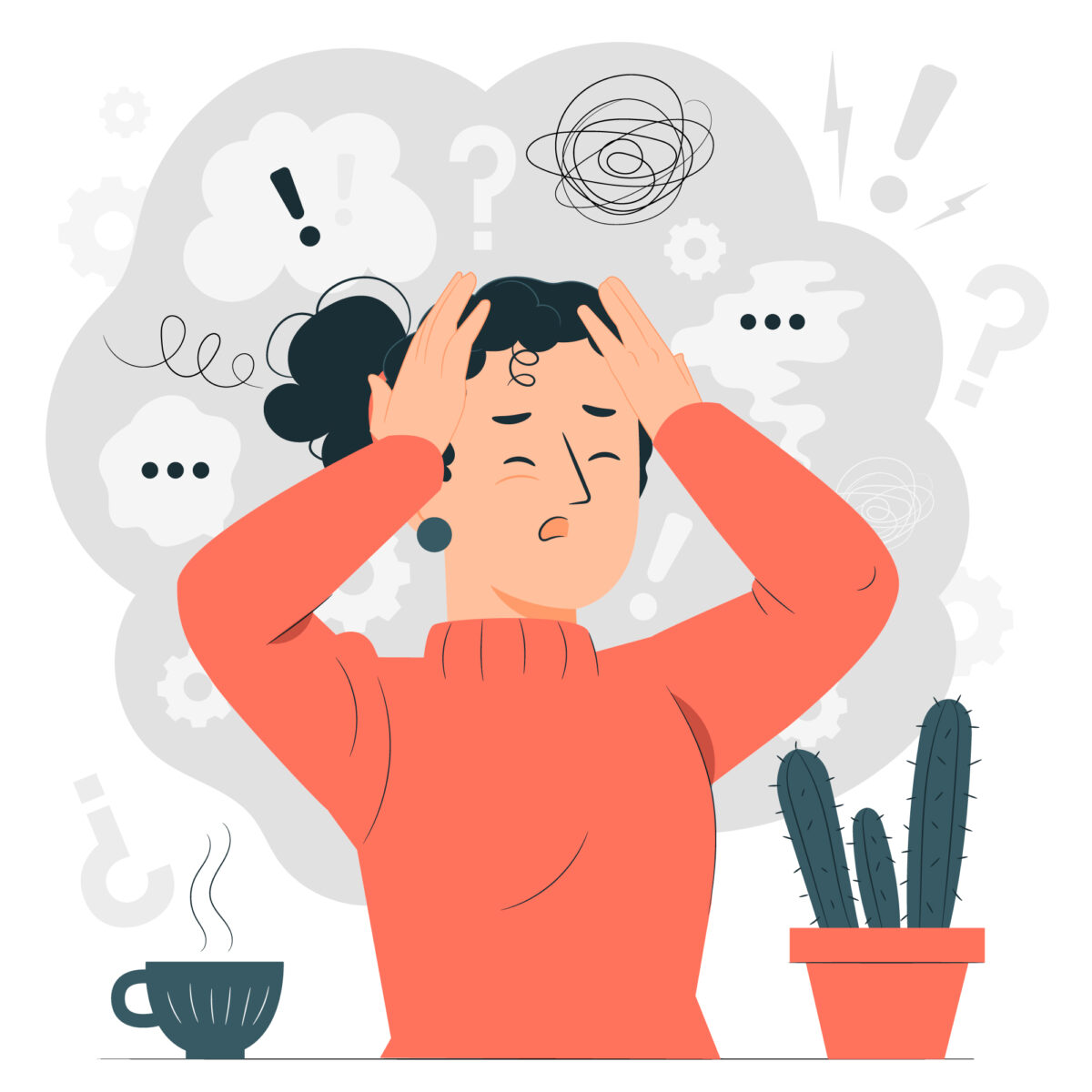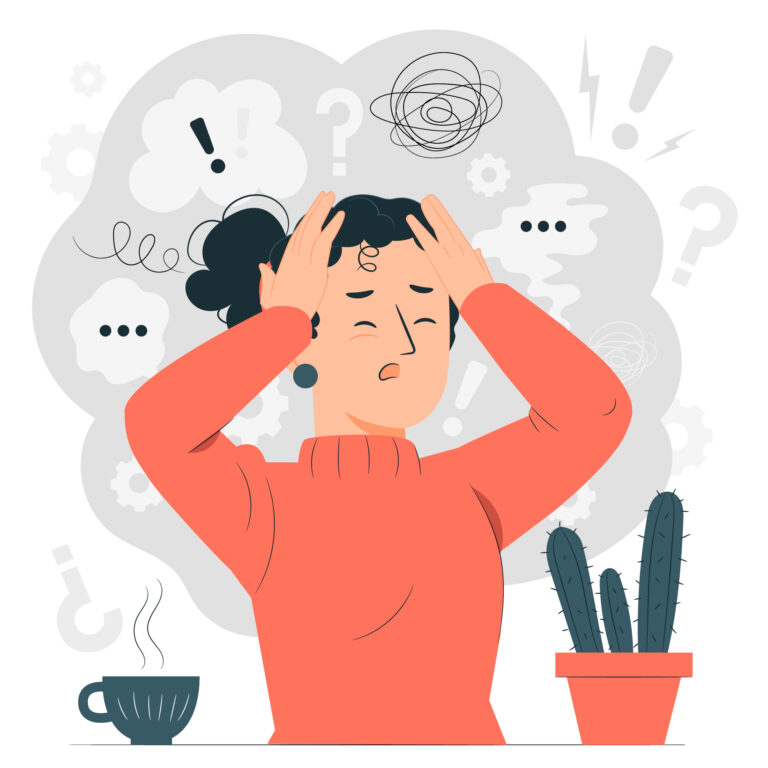/ บทความ / How Diabetes and Depression are Related?

Diabetes and depression are two correlated health conditions that can significantly impact a person’s well-being. Understanding the relationship between diabetes and depression is crucial for effective management and improved quality of life.
Diabetes and depression often coexist as each condition can influence the other. People with diabetes are at a higher risk of developing depression due to the challenges associated with managing a chronic illness. Individuals with depression may have an increased potential of developing diabetes due to lifestyle factors, especially poor diet and physical inactivity.
Chronic inflammation, insulin resistance, and neurotransmitter imbalances play a role in the development of diabetes and depression. Understanding these complications can help in developing targeted interventions that address both conditions simultaneously.
Impact of Depression on Diabetes Management
Depression can have a remarkable impact on diabetes management. The emotional and cognitive symptoms of depression can make it challenging for individuals to focus on their diabetes treatment plan, including medication management, dietary modifications, and regular exercise, which lead to poor blood glucose maintenance and increased risk of diabetes-related complications.
How Can Diabetes Influence Mental Health?
Living with diabetes can contribute to the development of depression. The burden of managing a chronic illness, fear of complications, and the impact of diabetes on daily life can steer the development of stress, anxiety, and depression. Blood sugar fluctuations and the impact of diabetes on brain health may also play a role in the development of depressive symptoms.








